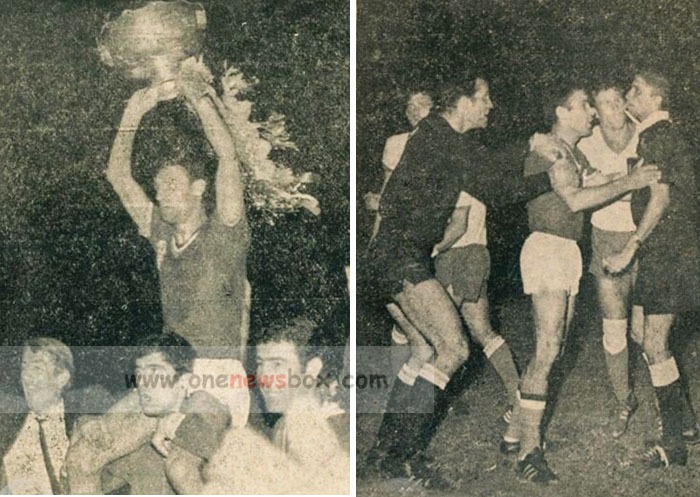The Rumors and Intrigue
The days leading up to the final were rife with rumors. One of the most persistent was that Habibollah Elghanian, a wealthy industrialist and owner of the Plasco building in Tehran, had purchased thousands of tickets to distribute to Israeli fans. While some claimed the number was as high as 10,000, more conservative estimates placed it around 1,500. Regardless of its truth, the rumor sparked outrage among fans who saw it as an attempt to tip the crowd balance in favor of the visiting team.
In reaction to this, a group of young Iranians, reportedly led by Mohammad Reza Tehrani, forcefully opened the gates of Amjadieh Stadium to let local fans in without tickets. The symbolic act of breaking the locks was celebrated by those who felt they were defending national pride and resisting outside influence.
The Political Presence in the Stadium
Among the crowd that day were not only sports fans but also political activists, particularly those opposed to Israel’s presence in Iran. The most notable among them was Mostafa Shoaian, a Marxist guerrilla who would later become known for his radical political activities. Shoaian and his group had reportedly planned an anti-Israeli protest to take place during halftime. However, fearing that such action could demoralize the team or provoke security intervention, they refrained.
Despite this, the stadium buzzed with political energy. Anti-Israeli slogans could be heard, often drowned out by cheers for the national team. Some political figures, such as Ezzat Shahi—an activist who later became a notable political prisoner—have shared vivid memories of the game and its atmosphere. For them, the match was a moment when politics and sport collided in the most dramatic way.

